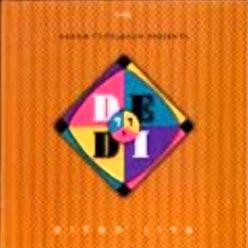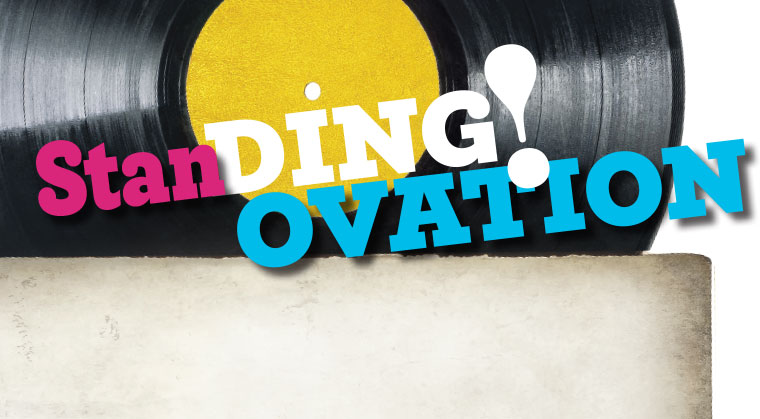A Daf a Day Forever
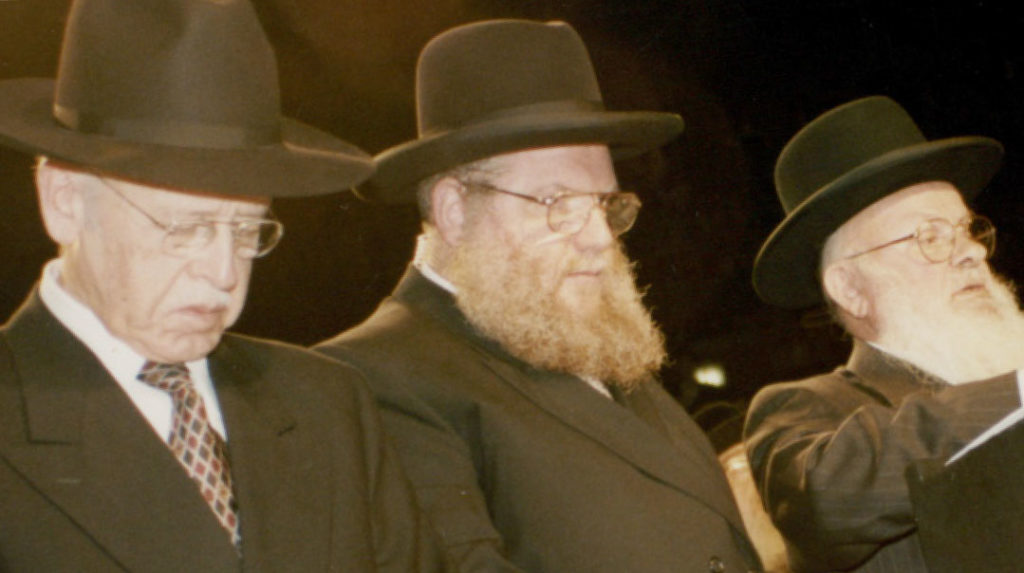

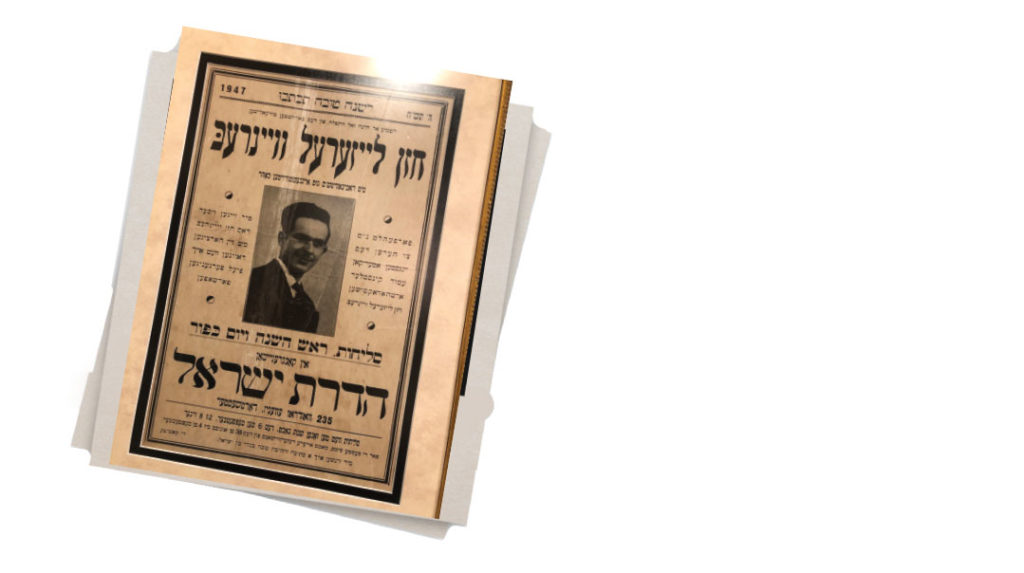
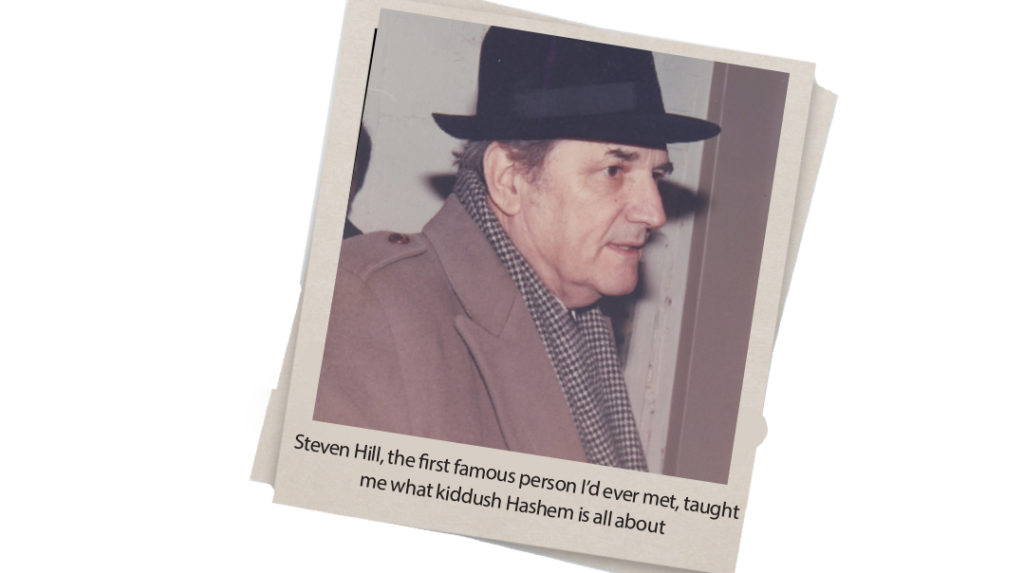

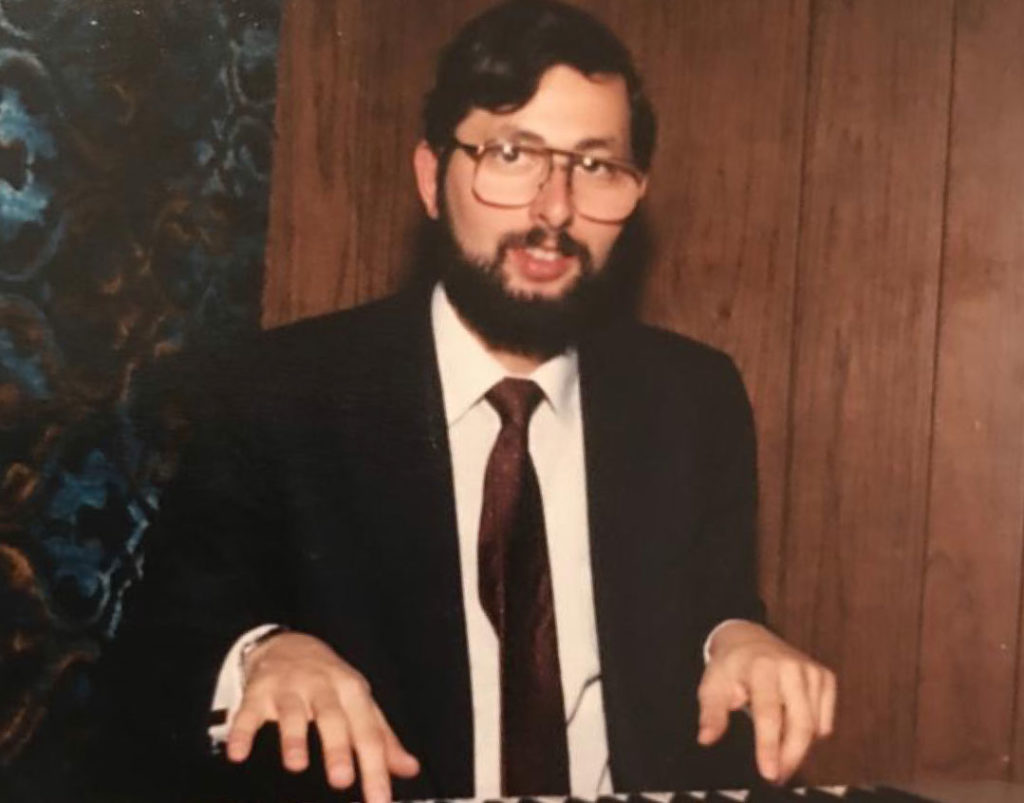
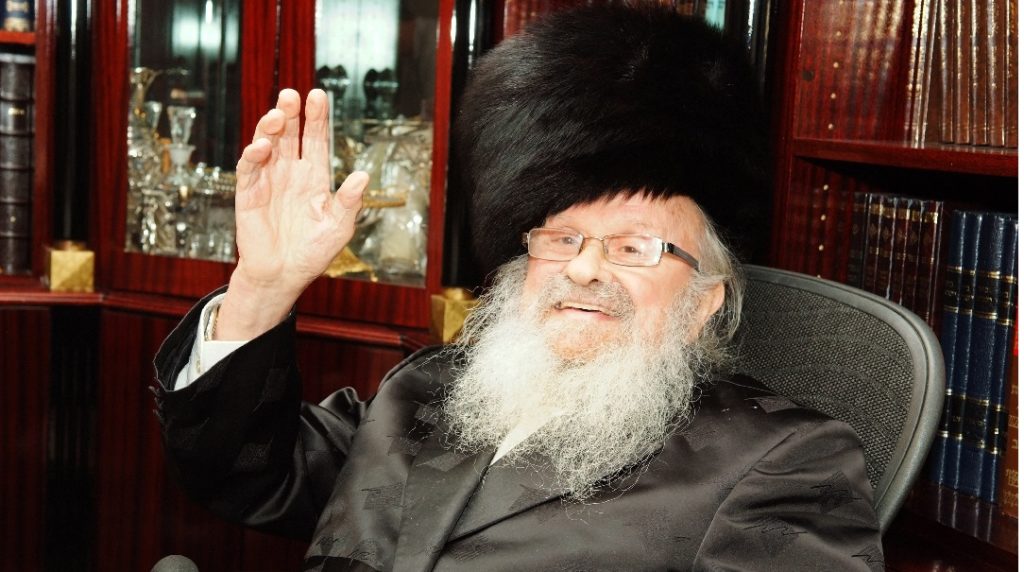
This story goes back to when I was a kid, way before my career in the music business. But it came back to me now because the second day of Nissan is the yahrtzeit of one of the foremost chazzanim and trailblazers in the Jewish music world, Rabbi Dovid Werdyger a”h.
I was 11 years old at the time, and it was my third year as a camper at Camp Kol-Ree-Nah. For those who might not remember, Kol-Ree-Nah was a sleepaway camp in Livingston Manor, NY. The head counselor was the much-loved Rabbi Shlomie Klein, who was also the devoted menahel of Yeshivas Rabbeinu Chaim Berlin for over 30 years. During the first week of camp, Rabbi Klein made an announcement that the camp would be putting out a record featuring the world-renowned and beloved chazzan, Dovid Werdyger. (Those who listened to him know that Reb Dovid Werdyger’s vocals were not those of a typical chazzan, but rather a softer, more flowing sound that helped lay a foundation for the nascent world of chassidish singers.) Shlomie Klein then went on to tell us that since the record would be labeled as “Camp Kol-Ree-Nah sings,” legally, the entire camp must sing at least one song on the album.
The song chosen was appropriately called “Kol Reenah” that was composed by Reb Dovid Werdyger (“Kol kol reenah, kol kol reenah… yemin yemin yemin Hashem, yemin yemin yemin Hashem, osah chayil…” and for the next five to six weeks, we rehearsed the song over and over.
Finally, the day arrived, and a truck pulled into camp with recording equipment and started to set up in the dining room. The entire camp headed to the dining room where they saw microphones, a piano, and other equipment set up, along with a little booth , where Dovid Werdyger and his musical director, Jackie (Yaakov) Goldstien a”h stood. The two of them had worked together from the beginning of Reb Dovid’s career in the United States.
Rabbi Yaakov Greenwald, the director of the camp, got up and impressed upon us how important it was that none of us made any noise — no shuffling, whispering, or kicking chairs — because it would be heard on the record. And then the music began, and the whole camp started to sing the song that we had practiced for so long. When we got to the high part of the song, it was time for Dovid Werdyger’s solo. But just when he began to sing, Jackie Goldstien shouted “Cut!” and stopped him. He gave Reb Dovid an annoyed look and they began again. This went on a few times, and each time, Jackie kept getting more and more annoyed with each take. Finally Jackie said to him, “I’ve known you for so many years! What’s with your voice today?”
We campers were feeling extremely uncomfortable as the two musical partners were seemingly at each others’ throats. Soon Reb Dovid started to take offense. He said, “I don’t know what you’re talking about! It sounds good to me!” Jackie replied, “Let me listen again to what we recorded.” He put on the headphones, listened for a few seconds and announced, “This is unacceptable.” At this point, the whole camp was starting to feel frightened — until Jackie got up in front of the entire camp and shouted, “This is unacceptable! In fact, this is… color war!” Looking back, it’s hard to believe we were all fooled, but trust me when I say that nobody had a clue that this was actually a breakout.
The album was released a few months after camp and was a huge success. Dovid Werdyger’s son, MBD, actually sang some solos on the album as a child vocalist. What I learned later on, after getting to know MBD and his father, was that Reb Dovid actually composed the song “Kol Reenah” while being given a ride by my own father a”h. Dovid Werdyger told me that it was an extremely bumpy road, my father was driving really fast, and every time they hit a bump, Reb Dovid sang “Bump, bump” — and then the rest of the tune cruised along.
(Originally featured in Mishpacha, Issue 755)

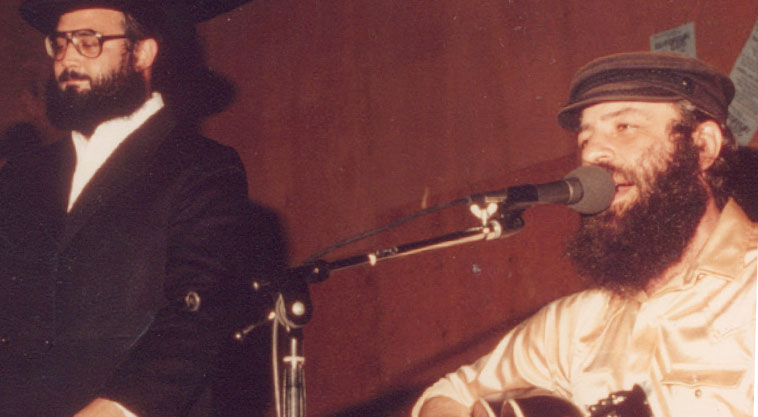
Back in the summer of 1981, I bumped into Yisrael Lamm, who told me he’d just returned from a trip to London where he conducted a concert with Mordechai Ben David. He also mentioned that there were these two guys — Moshe Yess and Shalom Levine — who called themselves Megama Duo and brought the house down. That was the first time I ever heard of Megama Duo, so I went out to buy their record — and was astounded by their incredible talent. So I tracked them down and hired them to do a concert for me in the Catskills. After the show, I invited them to stay with me on the West Side for a few days until their return flight to Eretz Yisrael. Now, Shalom and Moshe were two big guys, and my mother a”h offered to make them dinner. She prepared six amazing 24-ounce steaks, placed them on the table and told them, “The potatoes will be done in a few minutes.” By the time my mother returned, the two guys had finished those six steaks.
It was during those few days that I really got to know Moshe Yess and Shalom Levine — and not just their appetites. They were both musicians who had worked in the secular music industry, and both ended up in Yeshivat Dvar Yerushalayim at the same time. There, they paired up to become the group Megama (meaning “direction” or “purpose” in Hebrew). The two of them had a great rapport on stage, each serving as the foil for the other.
If you ask anyone who remembers, they’ll tell you that the song “My Zaidy” was their absolute best song (in fact, radio host Art Raymond told them it was the most requested song he ever had in 18 years of New York broadcasting). But there were so many other songs that were classic, describing the secular Jewish environments they knew so well and their own journey to Torah — songs like “David Cohen’s Bar Mitzvah,” about a family who spent a fortune on a bar mitzvah that turned out to be the last time the boy put on tefillin; “Jack Schwartz,” about a rich tycoon who went golfing on Yom Kippur and was struck by lightning; “Yosef My Son,” about a person who finds his parents at the Kosel when they had been missing since the Holocaust; and the unforgettable “I’ve got the what-page-are-we-on in the prayer book blues,” about wandering into shul for the first time. These songs touched peoples’ hearts no matter at which level they were holding in their Judaism, and for three years, Megama toured the world with their songs, spreading their message far and wide. When they weren’t traveling, they could often be found performing at the OU Israel Center in Jerusalem, and if you ever wanted to chap a schmooze with Moshe, you could usually find him hanging out at the Gerlitz coffee house in Geula, where he’d share his insights on Jewish life.
But after three years, Shalom got tired of traveling, giving up the music to settle in Jerusalem, learn Torah, and become a sofer. Moshe then moved to Canada, and ended up living not far from Abie Rotenberg. When they first met, Abie had just written “The Ninth Man” (about a rebbi who won over his unruly class by hitting a home run for the crucial game of the season) and was looking for someone to record the vocals on the first Journeys album. With his deep, dramatic voice that never took itself too seriously, no one was more perfect for the part than Moshe. The two of them went on to work together, both on additional Journeys and Marvelous Middos Machine albums. Moshe continued on with more successful solo albums as well.
In 1995, I had the honor of reuniting the two of them for a concert in Carnegie Hall. We called the event The Megama Reunion — it was the first time the two had been together in over ten years. I remember that the meeting was very emotional for the both of them, and the concert was unforgettable. The respect that the two of them had for one another still endured 15 years after they’d begun on their journey. Moshe used to call Shalom “My mentor in halachah,” and Shalom often told me that Moshe was the greatest guitar player he had ever met.
This is the yahrtzeit week for both members of Megama Duo. Shalom Levine’s yahrtzeit is the 28th of Teves — he passed away in 2013; and the yahrtzeit of Moshe Yess, who passed away in 2011, is the third of Shevat.
While Zaidy may have made us laugh, Megama Duo certainly made us think. Yehi zichram baruch.
(Originally featured in Mishpacha, Issue 743)
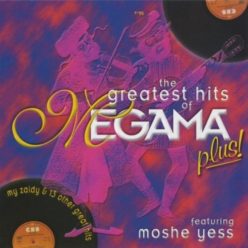
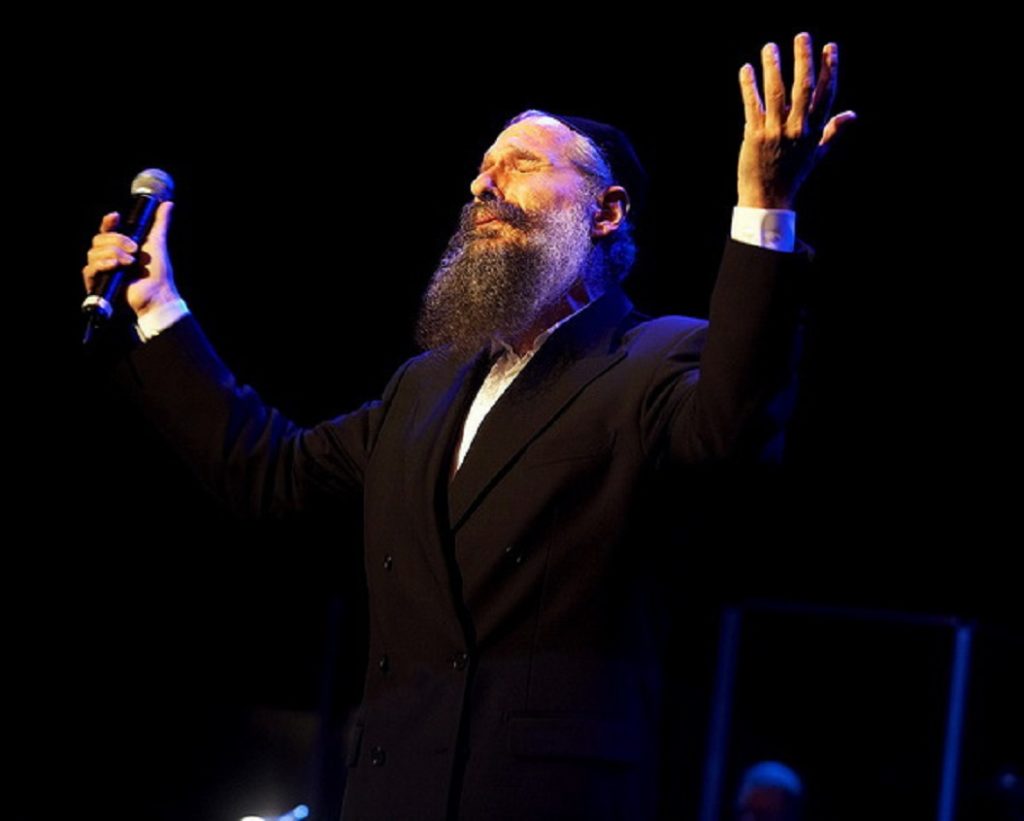
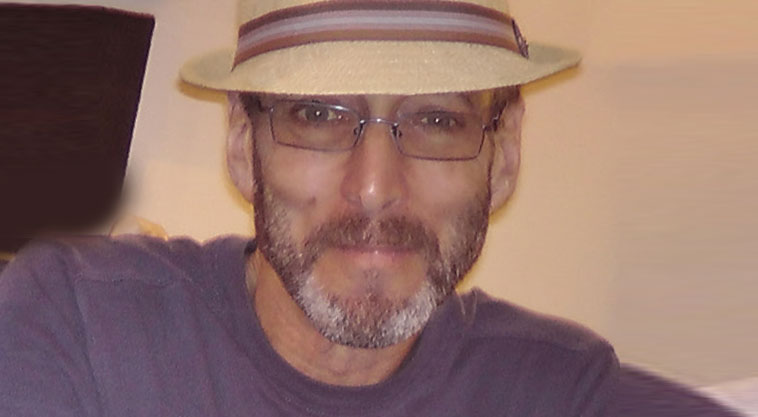
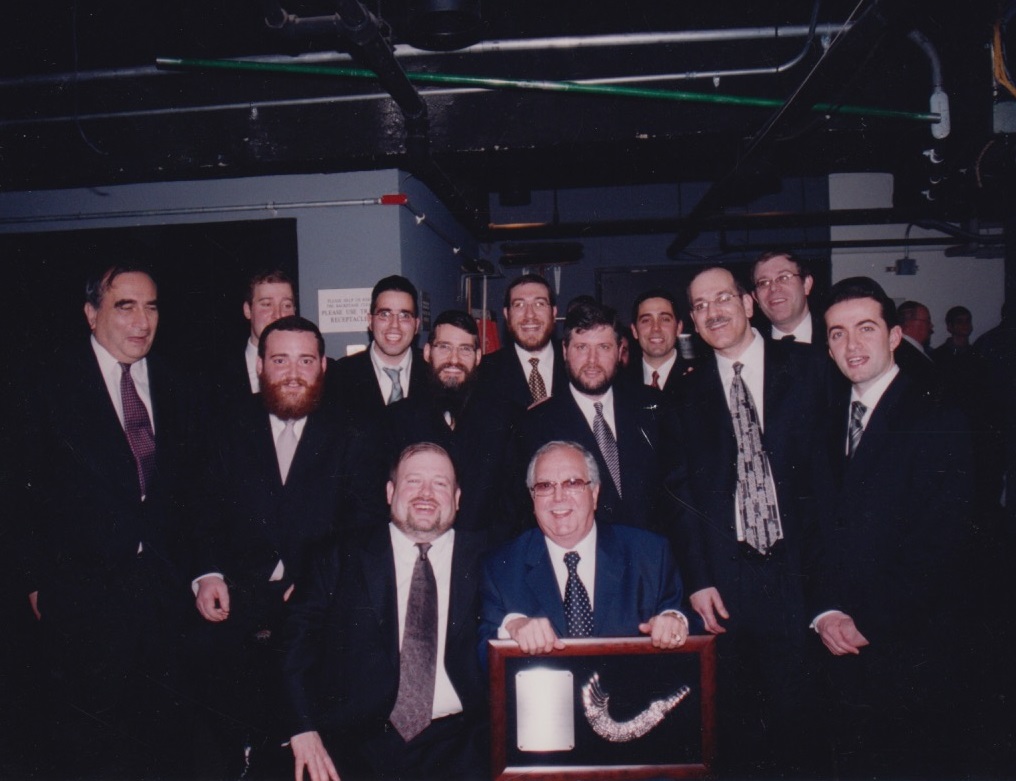
I was thrilled to hear that my good friend Dedi Graucher, known in the music world as “Dedi,” was home in Petach Tikvah, on the road to recovery after a recent hospitalization. But while people were calling and asking how Dedi was doing, the younger generation kept asking, “Who’s Dedi?”
In all my years in the business, I never saw a performer rise to such heights and then walk away from it all. He collaborated with the industry’s top performers and put out a decade’s worth of albums starting with his debut Dedi in 1993, but then pretty much disappeared behind the curtains. Dedi, hope you don’t mind, but I just had to share some memories, since we go way back.
When Dedi was 13, he joined Yigal Calek’s Pirchei Yerushalayim choir. The choir came to the US to do a few Pesach concerts, and that’s where I first got to know him. Even then, Dedi was hilarious. Whenever Yigal wasn’t looking, he would start mimicking him, and everyone was on the floor laughing. Dedi was always the life of the party.
Dedi returned to Israel and I didn’t hear from him for years. One day, when Suki and I were learning in ITRI, I stepped out of the beis medrash and a young man approached me: “Ding, don’t you remember me? It’s me! Dedi!” We actually ended up learning together once a week, and as the summer approached, Dedi asked if he could join Suki and me at Camp Agudah of Toronto. I called up the camp director and was able to secure a job for Dedi as waiter.
The first day of camp, everyone entered the dining room to the nicely set tables — all except for Dedi’s, which were completely empty. The director was a little angry, so I told him I’d find out what happened.
“Dedi,” I said, “your tables are empty!”
He looked up at me and said, “Of course. If the kids want to eat, they can take it themselves — I’m not their slave!”
That was the end of Dedi’s career as a waiter, but he did find his calling — he became the staff singer and guitar player, and every day he’d get up in front of the whole camp and tell jokes. With his broken English, the jokes were even funnier.
A few years went by and one day, I spotted a new CD entitled Dedi, with songs by Yossi Green. Dedi’s big-band sound would soon become his trademark, with signature songs like “Zocheh” (from the Adon Hashalom album), “Hu Yigal Osanu” (from Omnam), and “Acheinu Kol Beis Yisrael” (from Bitchu B’Hashem). Meanwhile, I called Dedi and asked if he wanted me to manage him. Before you could say “Kosher Delight,” we had arranged a cross-country tour.
One of our first concerts was for NCSY in Baltimore, and Dedi asked me how we’d get there. I told him we’d drive, and he said, “We need a tour bus! Ding, go rent us a tour bus!”
I tried to reason with him: “Dedi, it’s only one concert and we’re a total of six people!”
He wasn’t having any of that though, so we rented one, filled it with food, and headed out on our three-hour journey to Baltimore.
On our next trip, Dedi insisted everyone in the tour have a DEDI tour jacket.
“Why exactly do we need a tour jacket?” I asked.
To which Dedi replied, “Ding, you have no idea how to be a tour manager. You need to think big.” And so we did.
Then came Dedi’s first major concert for HASC, and besides being a great performer, he also became extremely close to the HASC family. Not only did he sing often for the children, but he also raised money for the beautiful Camp HASC dining room and handicap-accessible swimming pool.
Dedi’s performances were so memorable because you never knew what to expect next. Would he tell a joke? Would he sing? Would he come out dressed up like a Marine, or Pavarotti at the Met? It was always a surprise.
Once, Dedi went to sing for a young girl in the hospital who was suffering from a brain tumor. On his way out of the room, Dedi told her, “Please invite me to your wedding. I’ll be there!” A few years later, Dedi received an invitation from her. He had a concert that night, but he traveled the next day and made a surprise appearance at her sheva brachos.
So, back to my original question: Why did Dedi bow out of showbiz and go into business instead? I daven fervently that Oded Dovid ben Tzipporah should have a refuah sheleimah, and I’d love to see him return to the stage. If not that, at least a few jokes, please?
(Originally featured in Mishpacha Issue 735)
